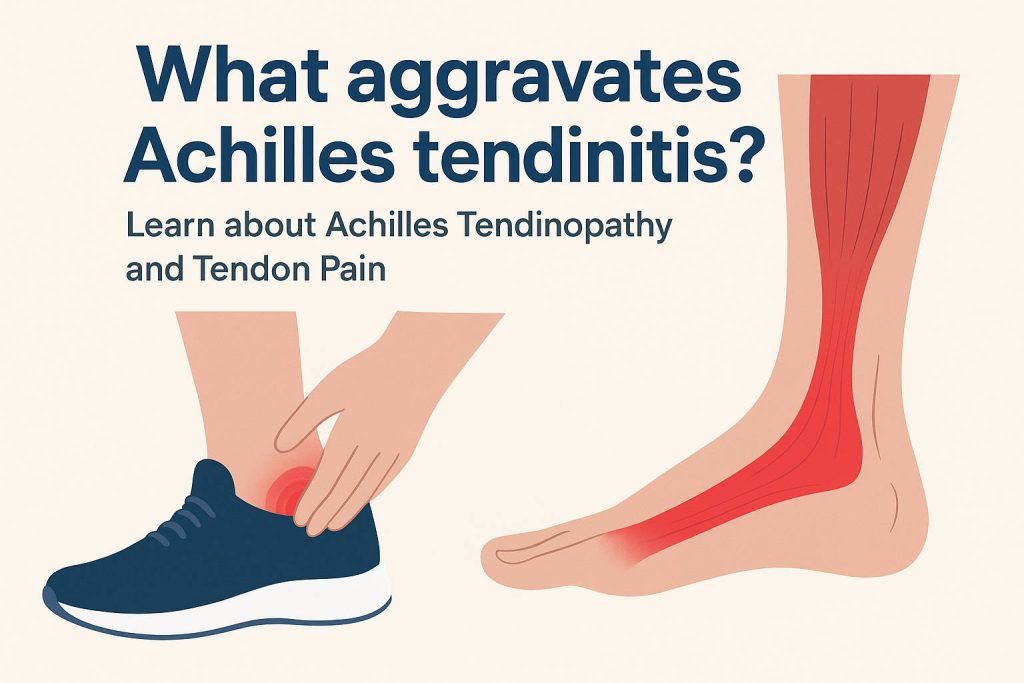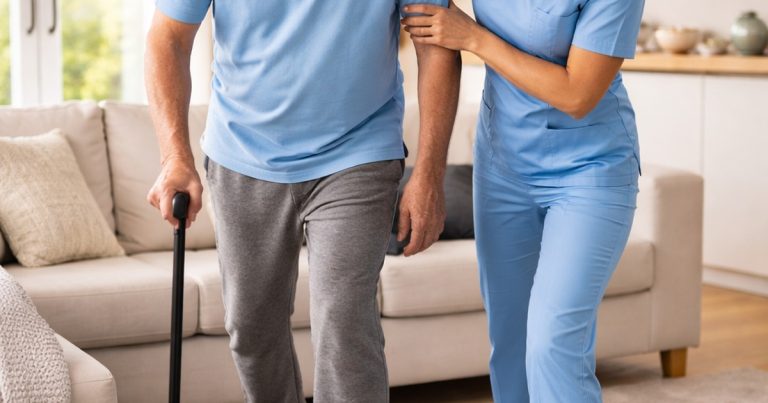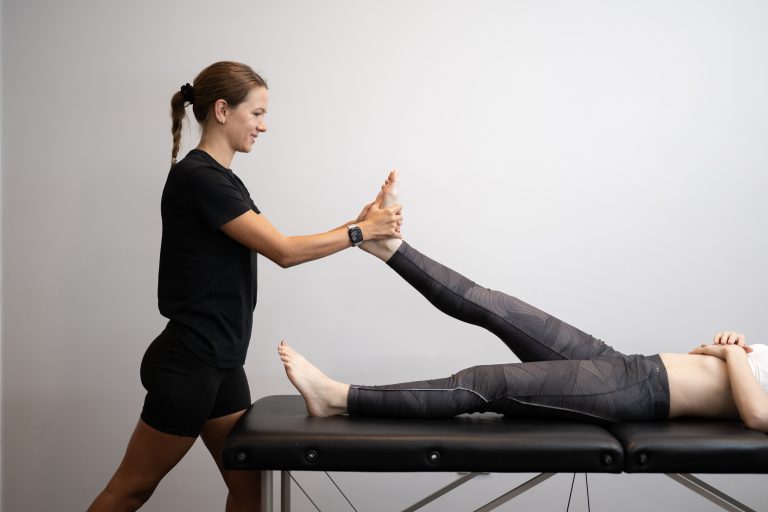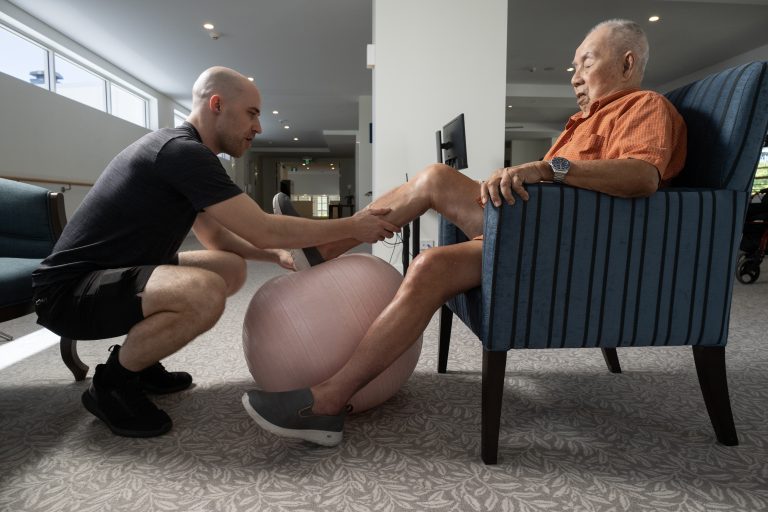Achilles Tendonitis, Explained Simply
The Achilles tendon is the large band of tissue that links your calf muscles and your heel bone. It’s the toughest tendon in the body, but it’s also one of the most overcommitted. Overuse it, and small tears and inflammation can occur, resulting in a painful condition called Achilles tendonitis.
If you have it, you’ll know. That throb, burn and stiffness, particularly in the morning or after exercising are classic symptoms of Achilles tendinitis. It may begin as a nagging pain, but it can easily progress unless the root cause is resolved. That is when an understanding of aggravating factors in Achilles tendinopathy becomes good to have.
What aggravates Achilles tendinopathy?
Let’s face it – sometimes it’s not only what you’re doing, but rather how you are coming about treatment for Achilles tendinitis. Lots of people make their tendon pain worse without knowing it as they repeat little mistakes, day after day.
Overuse and Sudden Increases in Activity
Perhaps the most frequent trigger is to go too hard too soon. You’ve recently taken up running, perhaps, or are suddenly going to the gym all the time. The tendon, particularly if it’s not used to that stress, can get overloaded pretty fast. Simply walking more than usual on, say, a holiday trip or when your routine shifts can exacerbate it.
Wearing the Wrong Footwear
Flats with no arch support or padding? That’s a formula for tendon trouble. High-heeled shoes may also shorten the calf muscle and increase tension on the Achilles tendon. Flip flops and minimal shoes might feel comfortable in the short term, but may cause problems if the foot doesn’t have adequate stability.
Ignoring Early Signs
Let’s not kid ourselves hardly anything good comes from pushing through the pain. Achilles tendonitis typically begins with mild pain or stiffness, which may progress to Achilles tendinopathy if left untreated. Ignoring that and plunging ahead with your schedule is like increasing the volume on a busted speaker. It goes downhill from there.
Inadequate Warm-Ups and Stretching
Jumping straight into activity without preparing the muscles and tendons is a surefire way to irritate the Achilles. Stiff calf muscles mean the tendon has to take on extra stress. That tightness is not your friend.
Poor Training Technique
Improper form during running, weightlifting, or even yoga can overload the tendon. Over-pronation (rolling your foot inward while walking or running) is particularly hard on the Achilles. Without correction, every step becomes a repetitive strain.
Tight calves and hamstrings can contribute to the development of Achilles tendinopathy.
When the muscles surrounding the Achilles are tight, they pull on the tendon more than they should. This makes recovery nearly impossible without a proper mobility routine with physical therapy guidance.
Neglecting recovery can lead to chronic Achilles tendinopathy.
Doing too much without giving your body a chance to heal can exacerbate tendon pain and lead to Achilles tendon rupture by putting too much strain on the tendon. That’s a big no. Rest days, ice therapy, and physical therapy-guided recovery protocols are key for managing Achilles tendinitis and other tendon injuries. Skipping these slows tendon healing and keeps that tendon inflamed.
Walking Barefoot on Hard Surfaces
It might feel natural to walk around barefoot at home, but hard surfaces put more strain on your tendons, especially when they’re already inflamed. That constant, subtle pull adds up over time, worsening achilles pain and putting more load on the achilles tendon.
Everyday Habits That Could Be Setting Your Achilles Tendon Back?
It’s not always about exercise or sports. Sometimes it’s your daily habits that quietly keep Achilles tendinopathy simmering in the background.
Standing for Long Periods
Retail workers, teachers, and healthcare professionals know this one too well. Standing still on hard floors tightens the calves and irritates the tendons over hours and days.
Driving Long Distances
This one surprises people. Long drives mean your foot stays in a flexed position, which can strain the Achilles, especially if it’s already injured and at risk for a tendon rupture.
Skipping Strength Training
Strengthening your calves, ankles, and foot stabilisers can protect the Achilles from reinjury and help prevent Achilles tendinopathy. Neglecting this part of rehab is a missed opportunity for long-term recovery.
Stress and Poor Sleep
Sounds off-topic, but stress increases inflammation, and poor sleep slows healing. A stressed-out body doesn’t repair as well, and that includes tendons.
What You Can Do About Tendon Pain? Treatment for Achilles Tendinopathy
The good news? Once you know what’s aggravating your tendon, you can take action, and that’s where we at GM Physiotherapy come in.
At our Gold Coast mobile clinic, we don’t just treat the pain, we dig into the root cause. Whether it’s a gait issue, biomechanical imbalance, training error, or chronic tightness, we assess the full picture. Using evidence-based physiotherapy, dry needling, manual therapy, and progressive rehab programs, we help you rebuild strength and get back to doing what you love.
We also offer gait assessments, tailored footwear advice, and recovery tools like shockwave therapy when needed. It’s all about personalised care and long-term relief.
FAQs About Achilles Tendonitis
Can I still exercise with Achilles tendonitis?
Yes, but you’ll need guidance. Low-impact activities like swimming or cycling may be safer during flare-ups of Achilles tendinitis. Avoid pushing through pain, and always check in with a physio.
How long does it take to recover?
Recovery varies, but mild cases may improve in a few weeks. Chronic or recurring tendonitis can take several months, especially if aggravating factors aren’t addressed.
Should I use ice or heat?
In the early stages, ice helps reduce inflammation. Once it’s no longer inflamed, heat can help loosen tight muscles. Your physiotherapist can guide you based on your condition.
Can tendonitis heal without treatment?
Sometimes, yes—but it’s a gamble. Without proper treatment and adjustments to your habits, the risk of reinjury or chronic issues goes way up.
Treating Achilles Tendinopathy with GM Physiotherapy?
Achilles tendonitis doesn’t have to drag you down for months. The key lies in understanding what makes it worse, and taking steps to change those habits. Whether it’s your footwear, your training plan, or simply skipping warm-ups, these small things add up.
At GM Physiotherapy in Gold Coast, we’re here to help you move better, feel stronger, and heal faster. With expert care in sports medicine, you don’t just recover from Achilles tendinopathy—you come back smarter and more resilient.
Ready to stop making it worse and start making progress in your treatment for Achilles tendinitis? Let’s get you back on your feet.





 Back to all posts
Back to all posts

